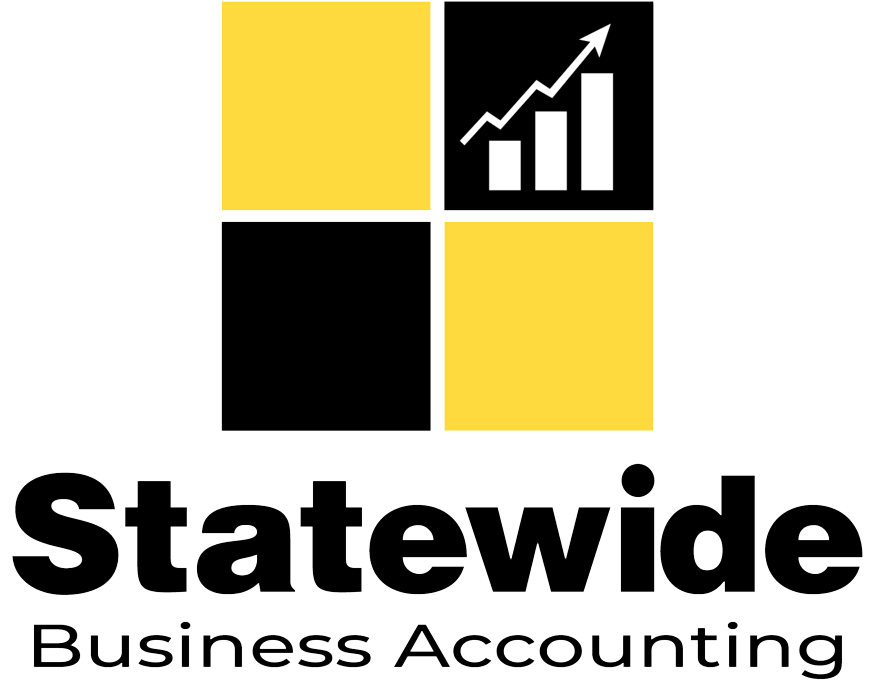Have any Questions? Call us Today!
044 959 6147
More Questions

Role of accounting practices towards investment property ownership
Investment property is property (land or a building – or part of a building or both) held (by the owner or by the lessee under a finance lease) to earn rentals or for capital appreciation or both, rather than for:
a) Use in the production or supply of goods or services or for administrative purposes; or
b) Sale in the ordinary course of business.
Management Accounting
Good property management accounting lets you see how much profit each property is making. It allows you to accurately record your expenses, so you can make the most of tax deductions. And it makes it easy to report income and expenses separately for each property—something the IRS requires you to do.
Financial Accounting
Financial accountants are responsible for preparing financial statements—including the income statement, owner’s equity, the balance sheet, and cash flows. In preparation of financial statements, financial accountants adhere to a uniform set of rules called generally accepted accounting principles (GAAP).


Owners and Managers
Budgets are financial plans for future periods that provide guidance to various insiders. to help achieve organizational goals. They are statements of intention that reflect the priorities of their authors. The audience for the budget of an organization is the insiders of that organization. Budgets are useful for allocating the resources of an entity to different areas and departments within it and for controlling and monitoring how such resources are spent. Financial statements report the actual use of resources by the administrators in the past year. Management can make use of this accounting leeway to achieve deficits in their operations so that they can ask for more funding from their donors or to achieve an advantageous wage settlement with their employees.
Investors and Creditors
While it may sound boring or esoteric, financial accounting plays a key role that allows businesses to keep track of all their financial transactions. It is the process in which companies record and report the pieces of financial data that go in and out of its business operations that allow both company managers and outside investors and analysts to understand the company’s health and make informed decisions.
Government Agencies
Accounting and finance practices are helpful to solve the problems related with several issues that if somebody loaned money to a friend to start a business, then they want to know about the progress of their business. Investors and creditors can get help of accountants for furnishing the money that a company needs to operate, and not surprisingly, they also feel the same way. As they know that it is not possible to make smart investment and loan decisions without accurate reports on a company’s financial health, there financial statements need assessment for a company’s performance and to make clear decisions about continued investment.
Government industries have better things to do than focus on the financial aspects of their jobs. Accounts payable and accounts receivable can involve a large amount of paperwork, on top of the other various financial documents that underlie government agencies. Mismanagement of these documents can be critical when it comes to proper industry management, but for governmental agencies, mismanagement can cause serious impacts on the citizens they serve. DATAMARK understands the facets of governmental agencies and how financial management can impact agencies as a whole.
